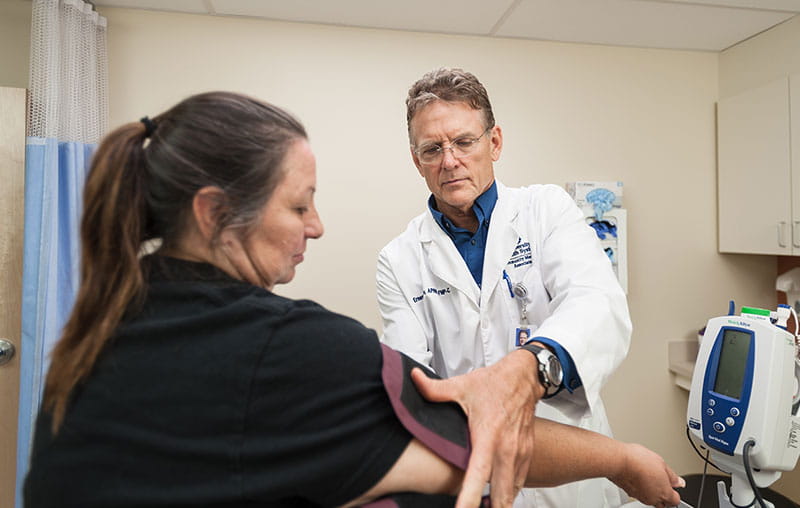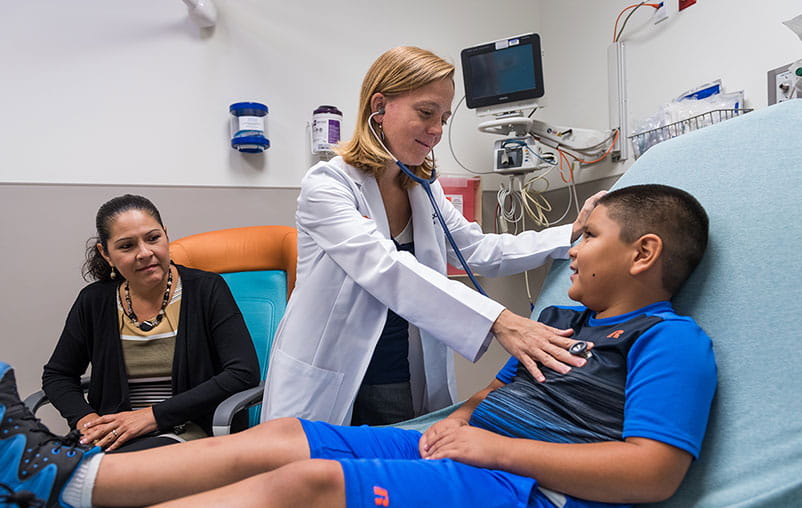Is your liver healthy? You may never know you have hepatitis unless you are tested.
What Is Hepatitis?
May is Hepatitis Awareness Month. Hepatitis means inflammation of the liver. The liver is a vital organ that processes nutrients, filters the blood and fights infections. When the liver is inflamed or damaged, its functions can be affected.
Hepatitis is most often caused by a virus. In the United States, the most common types of viral hepatitis are hepatitis A, hepatitis B and hepatitis C. Although all types of viral hepatitis can cause similar symptoms, they are spread in different ways, have different treatments, and some are more serious than others.
Hepatitis C
Hepatitis C is a viral infection caused by the hepatitis C virus (HCV) and primarily affects the liver.
Hepatitis is spread when a person comes into contact with blood from an infected person. Most people who get infected with hepatitis C will develop a chronic infection. Left untreated, chronic hepatitis C can cause liver disease, liver failure, liver cancer and even death.
Symptoms of Hepatitis C
People can live with hepatitis C without having symptoms or feeling sick. If symptoms occur, they may include:
- Yellow skin or eyes (jaundice)
- Loss of appetite
- Upset stomach/stomach pain
- Fever
- Dark urine
- Joint pain
- Feeling tired
Who Should Get Tested for Hepatitis C?
The Centers for Disease Control and Prevention (CDC) recommends all adults who meet these criteria get tested:
- Are 18 years of age and older
- Are pregnant (get tested during each pregnancy)
- Currently inject drugs
- Are living with HIV
- Received donated blood or organs before July 1992
Getting Tested for Hepatitis C
A blood test, called a hepatitis C antibody test, can tell if you have been infected with HCV – either recently or in the past. If you have a positive antibody test, another confirmatory test is needed to tell if you are still infected or if you and cleared the virus on your own.
Hepatitis C Can Be Cured
Getting tested for hepatitis C is important to find out if you are infected and get lifesaving treatment. Treatments are available that can cure most people in 8 to 12 weeks.
Reducing the Risk for Hepatitis C
Although there is no vaccine to prevent hepatitis C, there are ways to reduce the risk of becoming infected:
- Avoid sharing or reusing needles, syringes or any other equipment used to prepare and inject drugs, steroids, hormones or other substances
- Do not use personal items that may have come into contact with another person’s blood such as glucose monitors, razors, nail clippers or toothbrushes
- Do not get tattoos or body piercings from an unlicensed professional or facility
Hepatitis C Care at University Health
Ask your primary care provider about viral hepatitis C testing.





